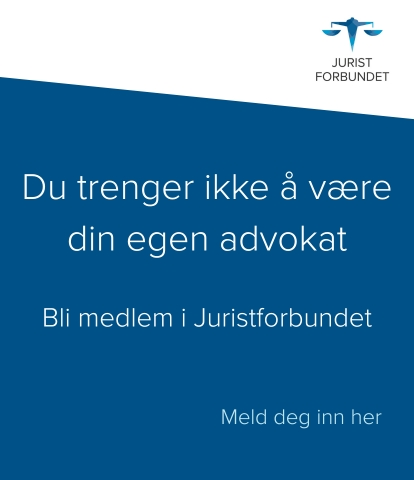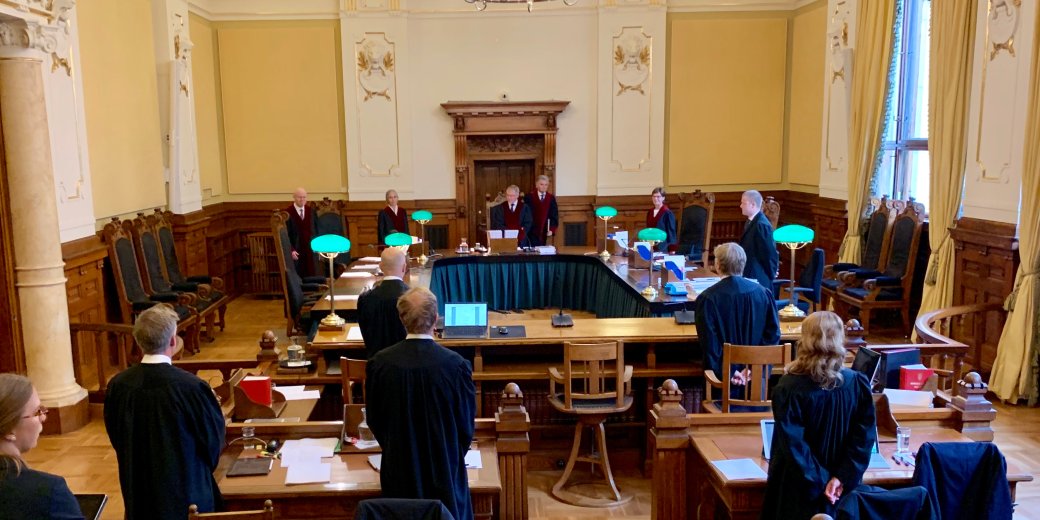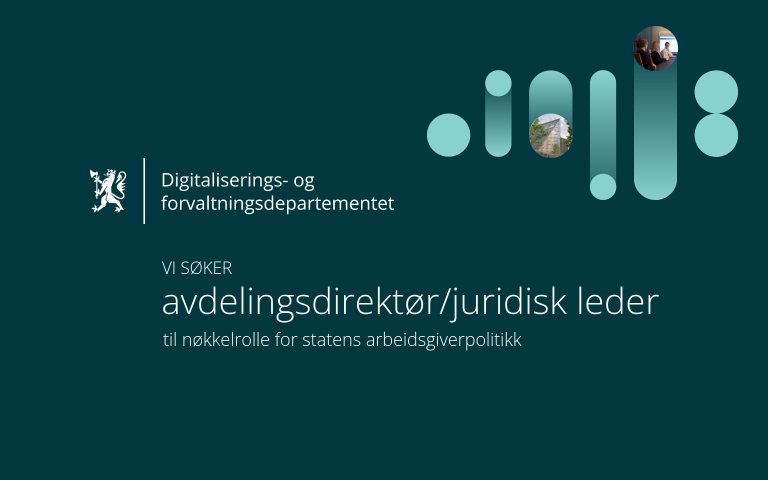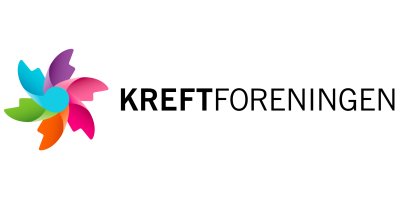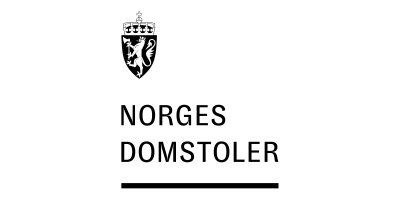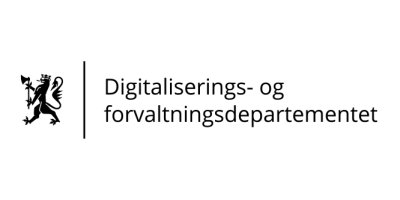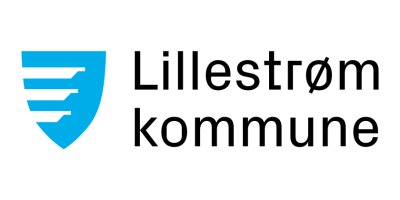On 26 July 2016, the EFTA Court held in E-28/15 Jabbi that the European Citizenship Directive 2004/38 could be interpreted as affording residence rights which are the same as those afforded by Article 21 TFEU, the EU norm on European citizenship. It thereby confirmed its Atli Gunnarsson case law. The Atli Gunnarsson ruling was implemented in Iceland without any problems. However, at the request of the Norwegian State Attorney, the Oslo District Court and the Borgarting Court of Appeal refused to comply with the EFTA Court’s Jabbi verdict. The Gambian national Jabbi was thus denied permission to live in Norway with his Norwegian wife. This is also a violation of the right to family life enshrined in Article 8 of the European Human Rights Convention. On 28 June 2019, the Supreme Court of Norway asked the EFTA Court in E-4/19 Campbell to overrule Jabbi.
After this, the ECJ entered the scene in the I.N. case. I.N. is a former Russian civil servant who has obtained Icelandic citizenship. He was arrested in Croatia while receiving touristic services under the EEA Agreement. The Russian Federation demands I.N.’s extradition for alleged corruption. The Norwegian State Attorney saw a chance to attack the EFTA Court and presented submissions in the case. It referred to the Supreme Court’s move and asked the Grand Chamber of the ECJ to find in opposition to the Jabbi line. On 27 February 2020, Advocate General Tanchev rejected this brazen attempt to create a judicial conflict in the EEA.
It is not the first time that the Norwegian State Attorney has acted this way. It has done the same in C-537/03 Candolin (on the interpretation of the European Motor Vehicles Directives) and C-646/15 Panayi (on the recognition of a trust in European law). In my opinion, this is in breach of the requirement of loyalty under Article 3 EEA.
It is also questionable whether the policy adopted by the Norwegian Supreme Court over the past two years, to re-submit legal issues that have already been decided by the EFTA Court, is compatible with the country’s duty of loyalty. For the first time the Supreme Court did so in the Fosen fiasco and now again in the Jabbi saga. Both times the oath to keep the secrecy of the deliberations of the EFTA Court was broken, in Fosen by Judge Christiansen and in Jabbi by then Junior Judge Hreinsson in a somewhat covert manner, which of course was immediately understood by the representatives of the Norwegian State (The Fundamental Freedoms: The Key Differences with regard to the Scope of the Fundamental Freedoms in the EU and the EEA, Spring Conference of the EFTA Court 3rd June 2016. These second references which amount to judicial revisionism were obviously made in view of the fact that after my departure in April 2018 the EFTA Court has a new composition. They were inspired by Norwegian professors adhering to the unlawful “room for manoeuvre” dogma. One of them, Finn Arnesen, now heads the Government task force that is supposed to investigate the NAV scandal (!). The Supreme Court’s modus operandi is reminiscent of the Turkish President Recep Tayyip Erdoğan, who had a new vote in the City of Istanbul after the result of an election did not suit him.
The EEA Agreement provides Norway with a unique tool to ensure unhindered access to the internal market for its industry. At the same time, common policy areas such as fisheries, agriculture, foreign trade and foreign policy are excluded from the scope of the agreement. Most importantly, the EEA/EFTA States have their own surveillance authority and their own court of law. That the State Attorney is staging something like this at the height of the NAV crisis is incomprehensible. It puts the good functioning of the EEA Agreement at risk. The State Attorney's approach is reminiscent of a Tour de France rider who aims for stage wins only, but loses sight of the overall victory on the Champs Élysées.
The I.N. procedure is an accelerated procedure. The ruling of the ECJ is therefore expected shortly.










